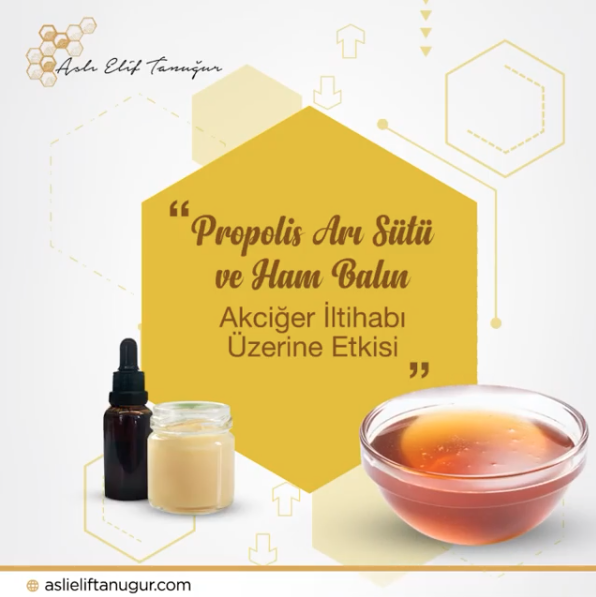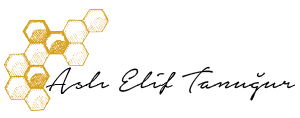 A study conducted at Mansoura University in 2014, investigated the modulatory effect of honey, royal jelly, and propolis extract on peripheral blood leukocytes and lung inflammation in a mouse conalbumin-induced asthma model. The trials included a control group that was not sensitized or treated, and a second group sensitized and challenged with conalbumin. About 24 h after the first challenge with antigen, the mice in group III received 0.5 mg/kg of dexamethasone intraperitoneally per day for 18 consecutive days and kept as positive controls. The mice in the other three groups received 650, 1000, and 30 mg/kg of honey, royal jelly, and propolis (aqueous and ethanolic extract), respectively, once per day for 18 consecutive days. The study results showed that the groups treated with propolis extract exhibited considerable remedial effects against asthma. This effect was related to the flavonoids and phenolics found in propolis, which might have antioxidative effects. Besides, the histopathological examinations revealed the propolis extract-treated groups had lower inflammatory scores, and the percentage of circulating and lung-infiltrated eosinophils and basophils decreased significantly. The scientists concluded that their findings support the hypothesis that propolis extracts may have an anti-inflammatory role and ameliorative effects in allergic asthma by free radical scavenging.
A study conducted at Mansoura University in 2014, investigated the modulatory effect of honey, royal jelly, and propolis extract on peripheral blood leukocytes and lung inflammation in a mouse conalbumin-induced asthma model. The trials included a control group that was not sensitized or treated, and a second group sensitized and challenged with conalbumin. About 24 h after the first challenge with antigen, the mice in group III received 0.5 mg/kg of dexamethasone intraperitoneally per day for 18 consecutive days and kept as positive controls. The mice in the other three groups received 650, 1000, and 30 mg/kg of honey, royal jelly, and propolis (aqueous and ethanolic extract), respectively, once per day for 18 consecutive days. The study results showed that the groups treated with propolis extract exhibited considerable remedial effects against asthma. This effect was related to the flavonoids and phenolics found in propolis, which might have antioxidative effects. Besides, the histopathological examinations revealed the propolis extract-treated groups had lower inflammatory scores, and the percentage of circulating and lung-infiltrated eosinophils and basophils decreased significantly. The scientists concluded that their findings support the hypothesis that propolis extracts may have an anti-inflammatory role and ameliorative effects in allergic asthma by free radical scavenging.
Reference: El-Aidy, Waleed K., et al. "Evaluation of propolis, honey, and royal jelly in amelioration of peripheral blood leukocytes and lung inflammation in mouse conalbumin-induced asthma model." Saudi journal of biological sciences 22, 6 (2015): 780-788.
